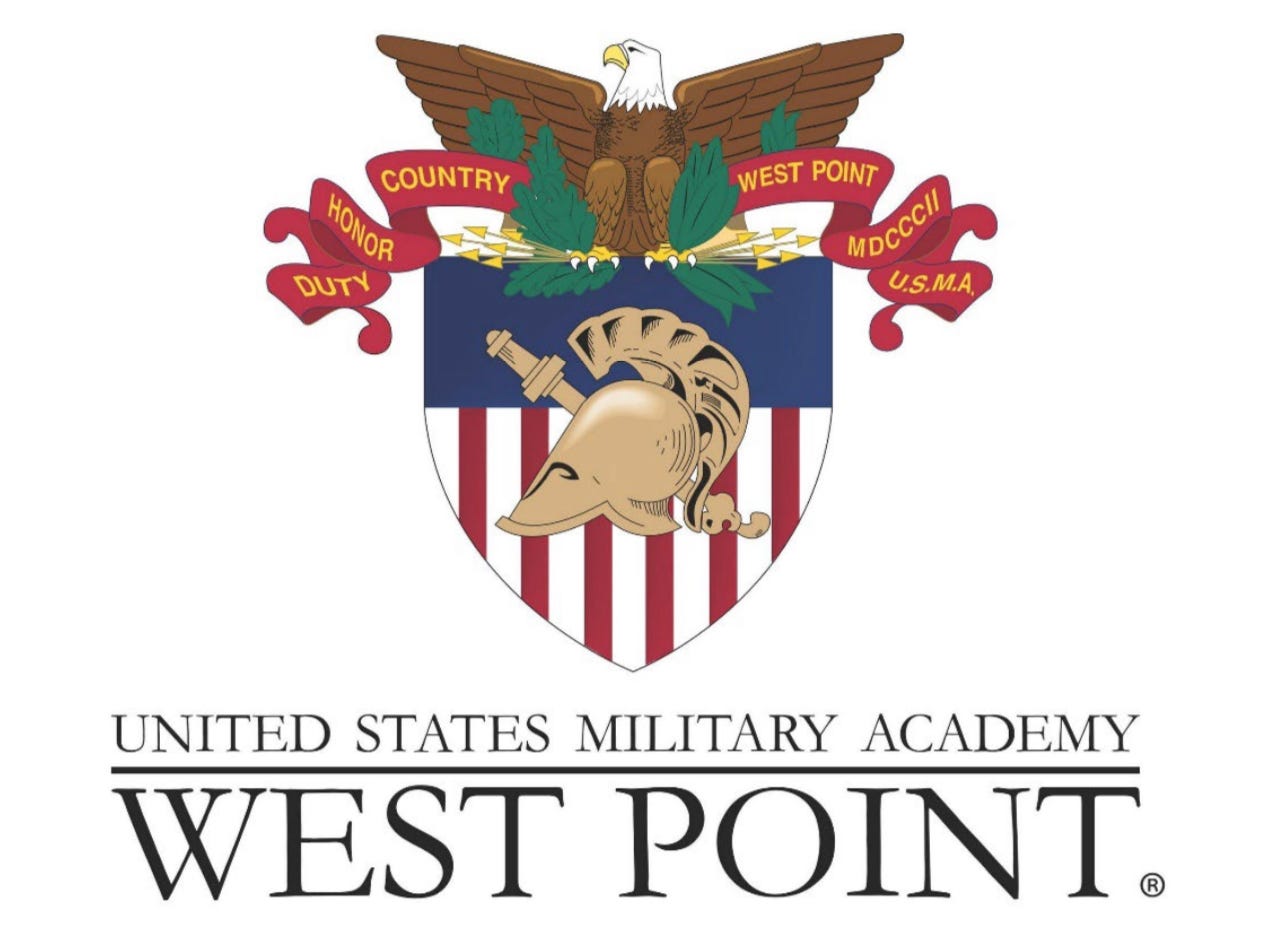West Point Paper -- Part 1/4
"US Dollar Primacy in an Age of Economic Warfare" - This paper was presented at the West Point Symposium on "Order, Counter-Order, Disorder" on February 9, 2023.
Introduction
US national security is now firmly focused on Great Power Competition (GPC) and how to reorient policies to face the country’s challengers. Competition with China in particular is now front- of-mind, but the list of additional challengers will likely grow. The US-led Rules-Based Order (RBO) is changing in an increasingly multipolar world. Ne…



